Human Papillomavirus (HPV) Vaccines for Men and Women. All you need to know
Human Papillomavirus, commonly referred to as HPV, is one of the most common infections transmitted sexually (STD), affecting more than 50% of all people over the course of life. Despite being relatively harmless, the virus might develop into cancer in some cases, mainly affecting women. Having that in mind it could be a good idea to get vaccinated against the virus before the beginning of sexual life. Many doctors recommend to do so as early as at the age of nine to twelve. You can find more information about HPV vaccines in this article.
What is HPV Vaccine?
There are two approved popular vaccines against HPV, Gardasil and Cervarix. They both contain virus-like particles that prevent the actual infection from getting to your body.
HPV vaccines are most effective if given to children before the beginning of sexual life. They protect against cancer-associated types of HPV and many infections causing genital warts.
HPV Vaccine for Women and Girls
Although HPV affects both genders, women are exposed to higher risks as HPV can develop into cervical, vaginal or vulvar cancer. Hence, it is extremely important for all women to get vaccinated against HPV. This operation is most effective in preteen age, before the beginning of sexual life. Yet, women can be given HPV vaccine up to the age of 26.
Human Papillomavirus Vaccine for Men and Boys
Although men are less prone to be suffering from HPV symptoms and obtain cancer through HPV, they are still recommended to take the vaccine against the virus to reduce the chances of transmitting the infection. Gardasil is the vaccine that can be given to boys from the age of 9. It prevents them from developing throat, penis and anus cancer and protects their partners once they start sexual life. Gay, bisexual couples, as well as men who have problems with the immune system are strongly advised to get vaccinated through the age of 26.
Human Papillomavirus Vaccine Schedule
The vaccinated person is given three injections over six months. The second one should be given after one or two months, while the last dose is given six months after the first one. If, for some reason, a person delays a shot, the vaccinated should not be restarted, but completed instead, even if a significant period of time passed since the last injection.
HPV Vaccine Controversy and Risks
Both HPV vaccines protect against the most dangerous types of the virus, namely type 16 and 18 that can cause cancer, but may have no impact on other types. It means a person may still get HPV and observe the symptoms, including genital warts.
It should be remembered that these types of the virus are not harmful and will most probably go away soon. The vaccines themselves cannot expose you to the virus or cause cancer. They passed numerous tests, were licensed in the USA and proved to be efficient as a routine prevention from HPV for young people. Still, nobody should discard regular medical tests, such as pap smear tests for women to monitor health condition.
Are there any HPV Vaccine Side Effects?
HPV vaccines have not shown any significant side effects during tests and practical use. However, several minor conditions that may follow injections should be noted.
Light pain, redness or swelling in the arm are frequent feelings, experienced by people straight after taking injections. Some people may experience mild to moderate fever and headaches. Like any other vaccine injection, HPV shot may cause a short fainting spell, which is more common for adolescents. Should you experience dizziness or vision changes after taking the vaccine, sit or lie down for some fifteen minutes to prevent fainting.
How much does the HPV Vaccine Cost?
The retail price of a single vaccine shot is normally $130 to $140. Additional costs such as the doctor’s charge or service charges may apply. Thus, the total price of three shots over six months is expected to be around $500 or more depending on the medical facility. Some insurance plans cover the cost of HPV vaccination but it should not be taken for granted. There is also the VFC (Vaccines for Children) program allowing eligible children under the age of 19 to get access to free vaccination. Medicaid-eligible, American Indian, Alaska Native and the ones having no health insurance are eligible for the program.
FAQ
Is the HPV vaccine safe?
Like all other vaccines distributed in the United States, Gardasil and Cervarix have passed years of complex safety testing before being licensed by FDS (Food and Drug Administration) for mass use. Yet, even after obtaining a license the vaccines keep being monitored for safety, side effects and correspondence to medical standards. HPV vaccines were first introduced to mass market in 2006 and had been subject to serious studies before that.
No serious safety issues were found during all of those researches. Besides, no significant side effects have been reported after the vaccines became available to population. Moreover, they were recommended as HPV preventive vaccine for boys and girls aged 9 to 12. HPV vaccines do not carry the virus body and may not cause cancer or any other significant health problems. Instead, they prevent transmission of dangerous types of HPV infection and reduce the influence of HPV symptoms, such as genital warts. HPV vaccines are normally not given to pregnant women which is one of the very few exceptions.
Does HPV vaccine cause cancer?
No. The vaccines do not contain the actual virus body, but a particle similar to the virus instead.

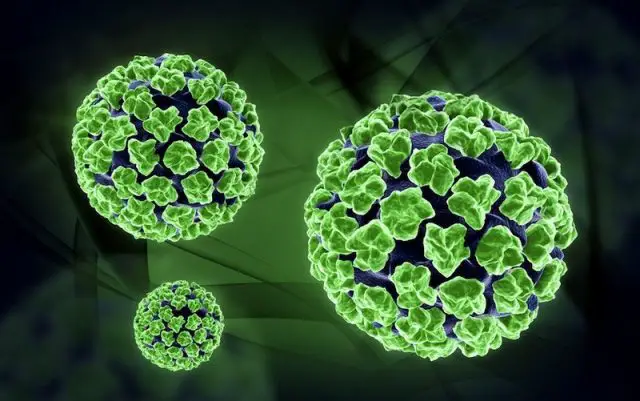
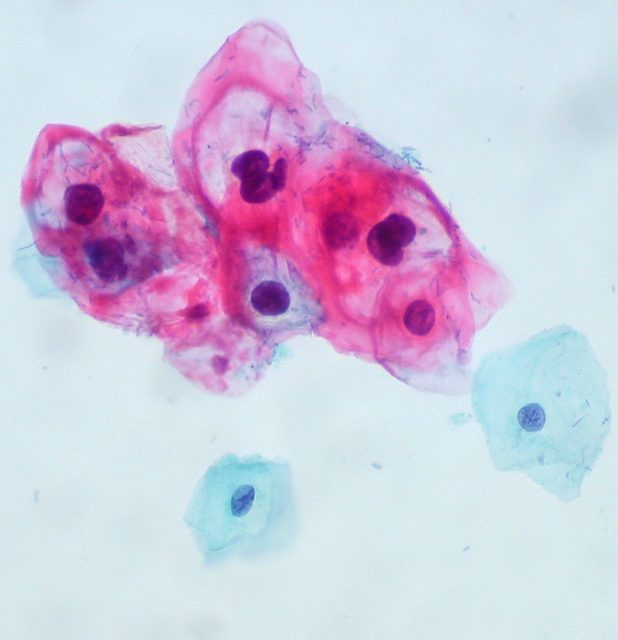
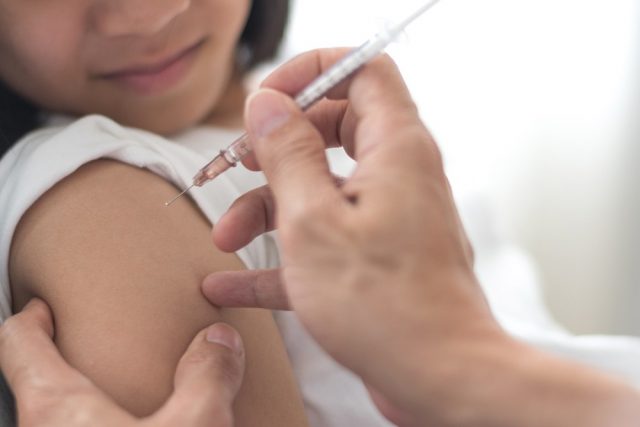
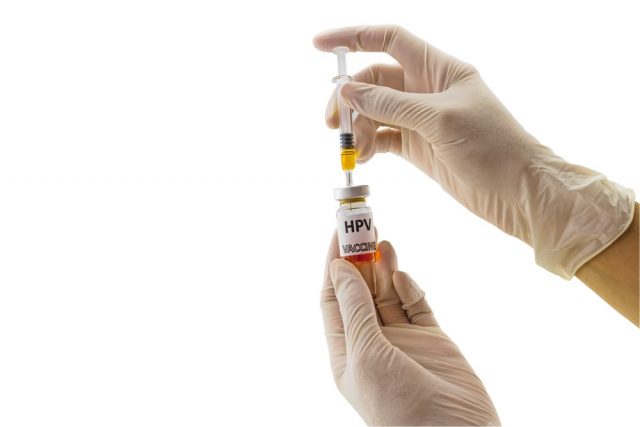

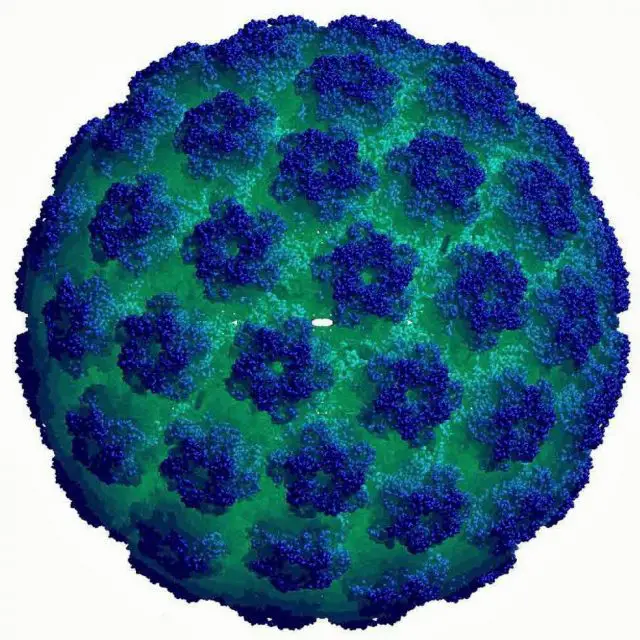
Tyree Rebusi
So what exactly does herpes do? (I’m talking about herpes you catch from kissing.) Can you just tell me all information on it you know e.g. whats the worst case scenario, how long effects can last etc. Thanks!
Genoveva Sagucio
I’ve been worrying about everything for about 7 months. I cant handle it anymore ..im 15… is this anxiety or something else?